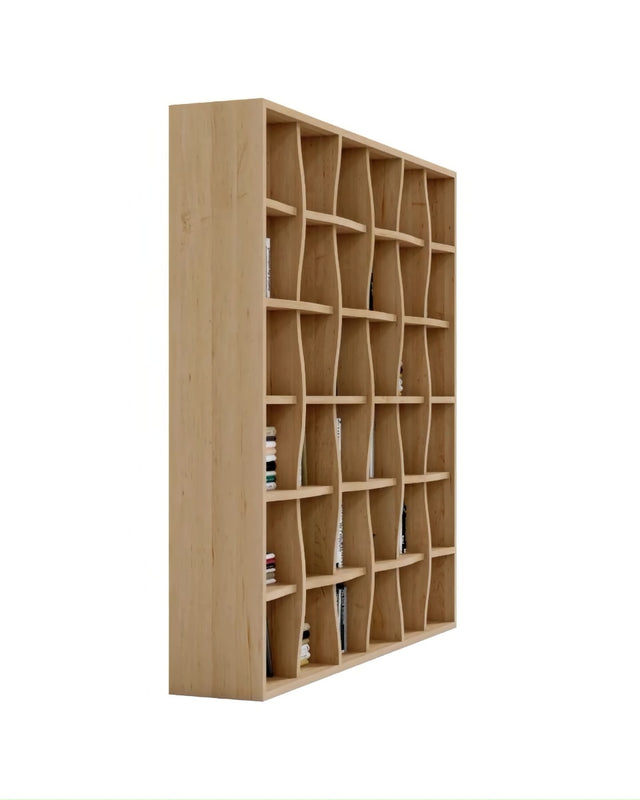Fire Standards in the Upholstery Industry
In the upholstery industry, ensuring the safety of furniture is paramount. The combination of materials like fabric and foam can pose potential fire hazards which must be mitigated to ensure safety to property and life. To minimise risk, fire safety standards have been established to regulate the flammability performance of upholstered furniture. Though many countries have their own flammability standards and procedures, in Europe two primary standards govern fire safety in the upholstery industry: EN 1021 Parts 1 & 2 and EN 13501-1. In this brief guide we outline what these tests involve and what they mean to you, the consumer.
Note: Sāthē’s range of upholstered furniture uses only materials that meet or exceed all relevant fire safety regulations, so you can rest in the knowledge our furniture is safe for your home or workplace.
EN 1021 Parts 1 & 2 – Cigarette & Match (Seating)
These standards, often referred to as "Cigarette and Match tests," are designed to evaluate the ignition resistance of seating materials, such as cushions and covers.
- Part 1 - Cigarette Test: In this test, a lit cigarette is placed on a simulated chair, where it's left to smoulder. After 60 minutes, there should be no signs of smouldering or burning on the fabric. This part assesses the material's resistance to the slow smouldering of a cigarette.
- Part 2 - Match Test: Part 2 involves exposing the upholstery to a butane flame measuring 35mm in height, similar to a burning match. The flame is applied to the fabric at multiple points for 15 seconds. After removing the flame, there should be no burning of the fabric within two minutes. This test evaluates the material's resistance to the rapid ignition of a match-like flame.
EN 13501-1 – Single Burning Item (Vertical Surfaces/Panel)
EN 13501-1, also known as the "Single Burning Item test," is a comprehensive standard used to assess the flammability of building materials, including upholstery for vertical surfaces like wall coverings or panel fabrics.
In this test, a simulated corner of a room is created using two panels covered in the upholstery fabric under scrutiny. A heat source representing a flaming waste paper basket is ignited in the corner of the panels. The test evaluates several parameters:
- Fire Growth (rated A – F): This assesses the extent of fire growth and how quickly it spreads. (It's important to note that an "A" rating in EN 13501-1 applies to non-combustible materials and is not typically achievable for upholstery fabrics).
- Smoke Growth (rated s1, s2, s3): It determines the level of smoke production during the test.
- Flaming Droplets (rated d0, d1, d2): This parameter focuses on the production of flaming droplets during the test.
Combining all these factors, EN 13501-1 provides a comprehensive overview of the material's performance in a fire scenario.
Summary
Adhering to these standards helps ensure that upholstered furniture complies with fire safety regulations, offering peace of mind and safety for consumers and the upholstery industry as a whole. Upholsterers and manufacturers should prioritise materials that meet these stringent standards to provide safe and reliable products to their customers.




